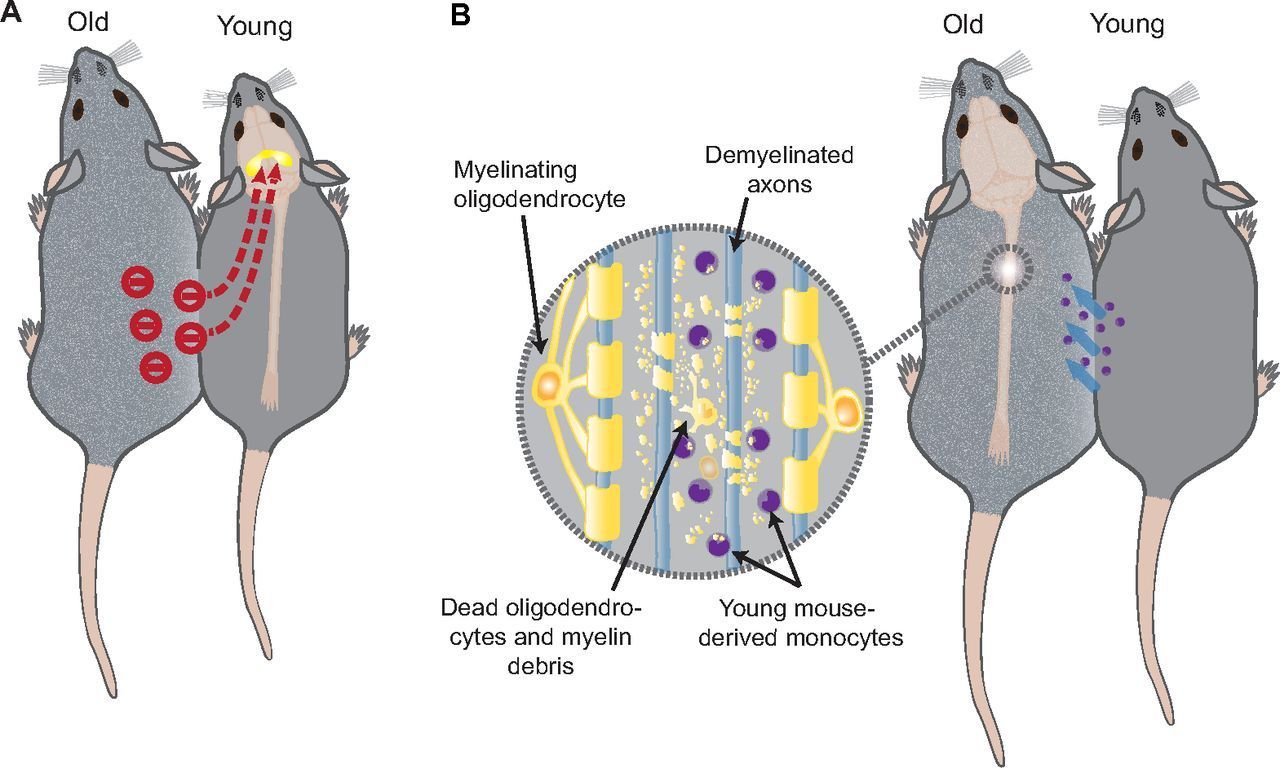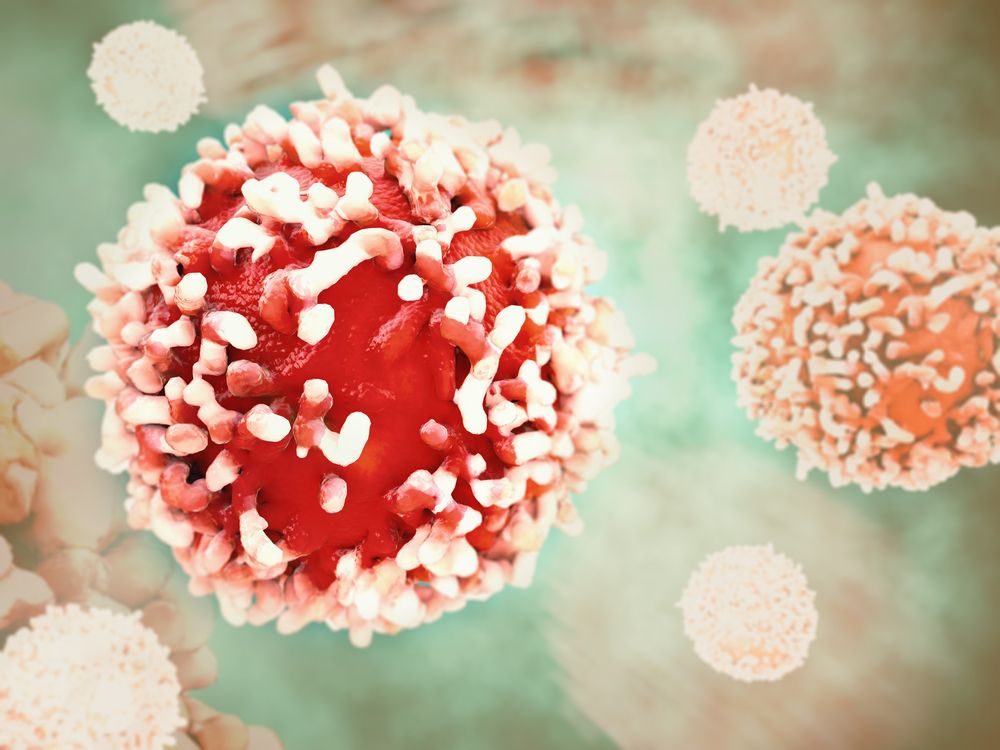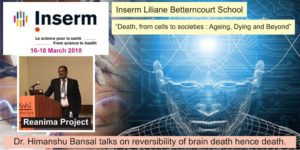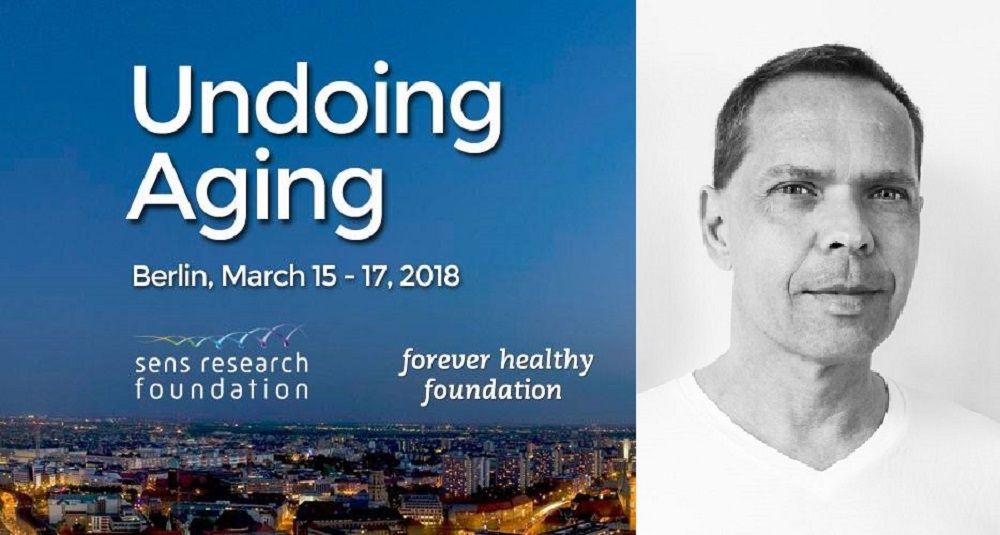On the run up to Undoing Aging 2018, Nicola Bagalà from LEAF did an interview to learn a bit more about our foundation and the story of our involvement in life extension.
As our readers probably already know, from March 15 to March 17 this year, the Undoing Aging 2018 Conference will be held at the Umspannwerk Alexanderplatz in Berlin, Germany. The event is intended to bring together scientists working on repair-based therapies for aging as well as to give life sciences students—and anyone else who may be interested, really—an occasion to deepen their understanding of the current state of rejuvenation research.
Organised by the Forever Healthy Foundation and the SENS Research Foundation, the conference will feature eminent researchers among its many speakers, such as the director of the Wake Forest Institute for Regenerative Medicine, Dr. Anthony Atala; Dr. Kristen Fortney, who is an expert on computational drug discovery and aging biomarkers; Dr. Michael West, co-CEO of BioTime and founder of Geron Corporation; Dr. James Kirkland, a world-class expert on cellular senescence; and Dr. Vera Gorbunova, a pioneer of the comparative biology approach to the study of aging and co-director of the Rochester Aging Research Center. In addition to its scientific, educational, and networking value, UA2018 will no doubt greatly contribute to the popularisation of this area of research and help spread awareness, both about the problem represented by age-related diseases and the great opportunity we have to finally bring aging under comprehensive medical control within a relatively short time frame.
LEAF, naturally, will attend the event to keep you fully up to date, and our readers can expect extensive coverage during and following the event. Meanwhile, to whet your appetite, we caught up with Forever Healthy’s founder and CEO, Michael Greve, to learn a bit more about his foundation and the story of his involvement in life extension.





